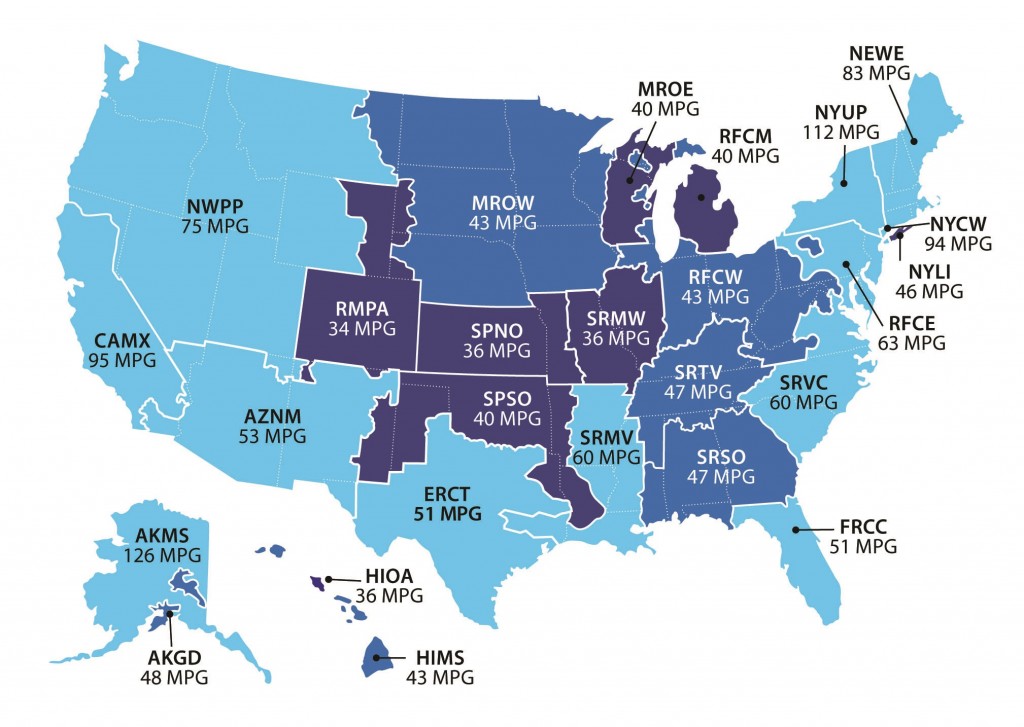You stop in to a Supercharge station for 15 minutes and get a cold drink.
We had a "lunch and learn" on electric charging stations [I design Auto Dealerships]. The current bottleneck is a "VHS vs beta-max" problem ... there are 3 different "standards" for charging electric vehicles. This means a charging station needs adapters for at least 2 "other" standard plugs. The bulk of the support industry is waiting for the market to shake out a winner so everyone can settle on one standard.
As soon as a single "standard" for charging stations is available, there are investors ready to install charging stations at most locations that people frequent for any period of time ...
- mall parking lots
- restaurants
- Walmart
- food stores
The stores will have the option to purchase (or lease) the systems themselves and collect the fees from charging as an additional revenue source. If the store is not interested in managing the system, then the private investors will install the systems for free as a service for their Electric Vehicle customers and collect the revenue themselves. As I said, the only think holding it back from a large scale roll out is the need for 1 standard.
Close to 100% of all new Auto Dealerships that we are designing are installing electric charging stations for the free use of their customers (as a draw). Those that are not installing the stations, have installed the electric service capacity and conduit to allow them to be added later.
For what it might be worth, the automakers really are serious about electric cars and have already started building infrastructure for them.
Tesla unveiled plans to build "off the grid" charging stations at a cost of $0.07 per kWh and the math works out using their recycled batteries and solar panels in southern states [according to Selenian Boondocks].

